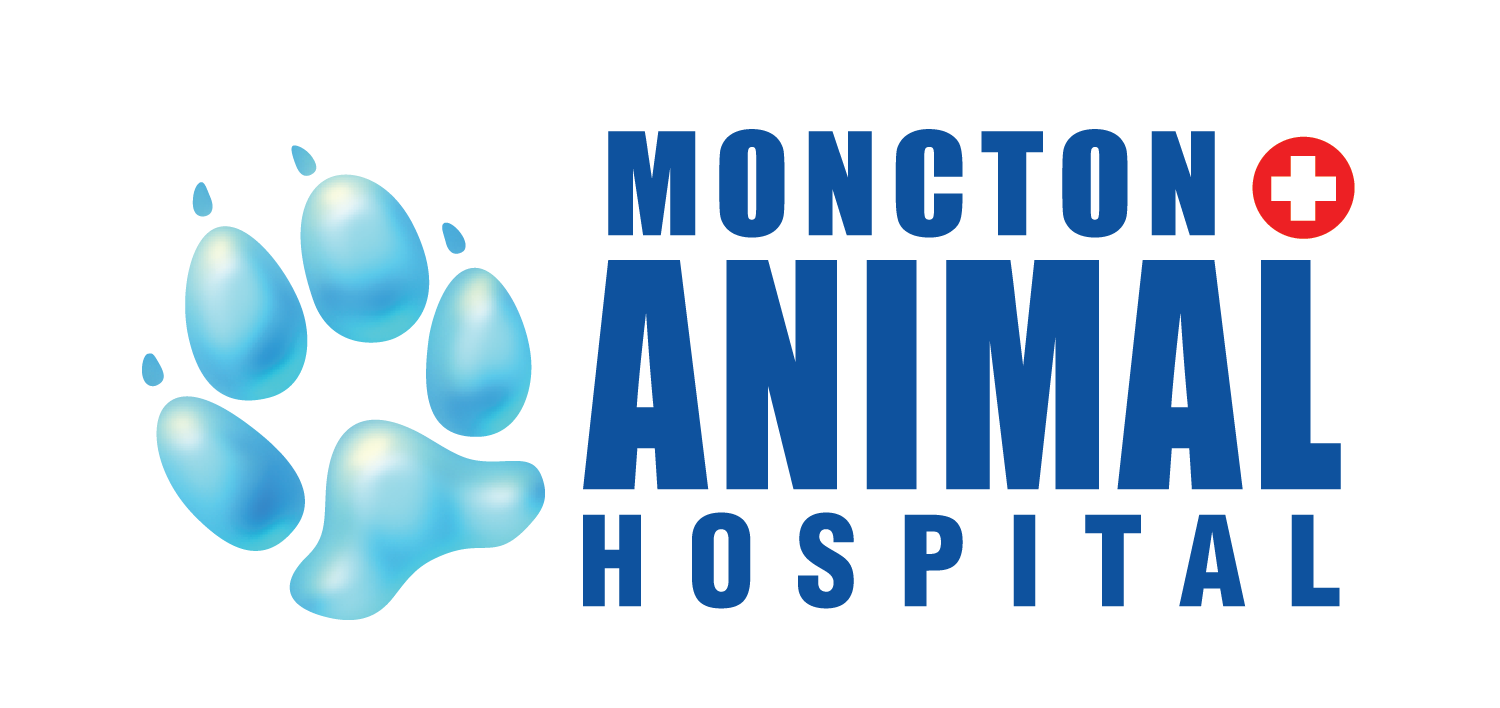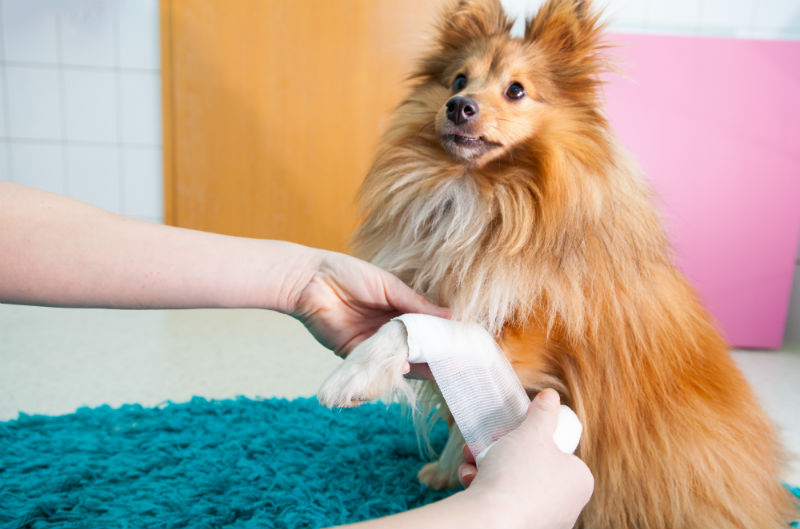It’s important always to be prepared in the case of an emergency. Having these items easily accessible is key to reacting appropriately to the instructions from your local emergency veterinarian.
- Notebook or index card with the following phone numbers and addresses (sealed in a waterproof pouch).
- Your veterinarian and the local emergency hospital.
- Pet Poison Helpline (1-800-213-6680)
- Microchip ID number and company phone number
- Updated vaccine records
- List of dog/cat normal values and medical history (respiration rate, heart rate and temperature).
- List of temporary pet-friendly evacuation centers/shelters.
Basic first aid supplies (organized in an easy to transport tackle box):
- Kennel/pet carrier
- Leash, collar and muzzle in case of an emergency
- Large towel and or blanket
Medical supplies:
- Artificial tears, sterile saline solution
- Alcohol wipes
- Bandage material (gauze pads and rolls, tape, splints and tongue depressors)
- Corn syrup/table syrup
- Diphenhydramine (Benadryl)
- Ear-cleaning solution
- Canned and dry food
- Hydrogen peroxide
- Ice pack with a small towel
- Liquid hand dishwashing detergent
- Nail clippers
- Oral dosing syringe
- Flashlight
- Thermometer and lubricant
- Exam gloves
- Scissors and tweezers
- Tablespoon/teaspoon set
- Antibiotic ointment (with no other combination ingredients)
Another important thing to keep in mind is home remedies. When it comes to an emergency situation, it’s important to call your local emergency veterinarian and follow their recommendation, rather than listening to Dr. Google and trying different home remedies.
Before performing any medical treatment on your pet, please contact your local emergency veterinarian for proper first aid instructions.
Written by Moncton Animal Hospital



